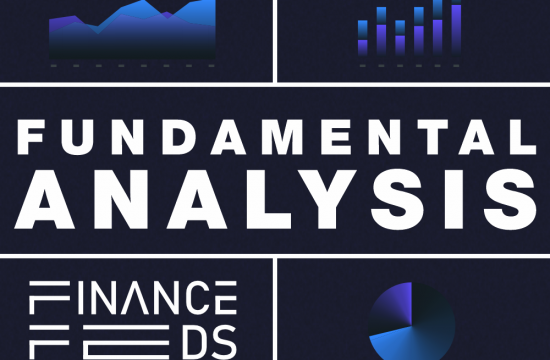Investors can easily avoid this kind of fraudulent schemes by verifying a company’s registration with the CFTC before committing funds.

The Commodity Futures Trading Commission has charged Florida-based W Trade Group LLC, Larry Ramos Mendoza and Joseph Carvajales with fraud and misappropriation of over $19 million involving futures, forex and options.
The civil enforcement action in the U.S. District Court for the Southern District of Florida alleges that the firm, controled by Larry Ramos Mendoza, operated a long-running scheme from approximately June 2013 through June 2020 that defrauded futures, forex, and options customers. As a result, the fraudster misappropriated more than $19 million from at least 220 customers.
The CFTC alleges W Trade Group and Ramos allegedly sent false account statements to customers electronically showing purported profits and trading activity.
Joseph Carvajales allegedly solicited customers for the fraudulent scheme by making false claims such as the existence of a sophisticated trading algorithm, and limited downside risk.
Investors can easily avoid this kind of fraudulent schemes by verifying a company’s registration with the CFTC before committing funds.
If unregistered, a customer should be wary of providing funds to that entity. A company’s registration status can be found using NFA BASIC.
The CFTC has recently filed a civil enforcement action against five individuals and five companies with fraud, misappropriation, and registration violations in connection with a fraudulent foreign currency (forex) scheme.
The regulator charged Ukraine-based Borys Konovalenko, Canada-based Alla Skala, as well as three individuals based in the United States: Jase Davis, Timothy Stubbs, Anna Shymko, and Timothy Stubbs.
All five individuals are involved in the alleged FX scam ROFX and acted as a common enterprise to fraudulently solicit and misappropriate at least $58 million from U.S. and international customers for purported trading in forex.
The scheme may have lasted for nearly four years – from January 2018 through September 2021 – and over 1,100 customers opened trading accounts through the ROFX.net website and deposited funds via checks or wires to bank accounts in the name of one or more of the companies, all controlled by the individual defendants, the CFTC stated.
The agency alleges the defendants falsely claimed to trade forex utilizing a highly successful automated trading robot with guaranteed coverage of losses.
During the relevant period, the defendants received at least $58 million from customers, all of which was misappropriated by wiring to non-trading corporate entities in Poland, Thailand, and elsewhere, as well as to the individual defendants themselves, said the CFTC.
The U.S. District Court for the Southern District of Florida entered a restraining order to preserve records and freeze assets controlled by defendants Rajiv Patel also known as Ravi or Raj, and his company Bluprint, following a complaint filed by the CFTC.
The court, however, canceled a preliminary injunction hearing that was set for January 31, 2022, due to the death of Patel. The cause of death was not disclosed by the authorities.
The CFTC charged Rajiv Patel and Bluprint for defrauding at least 16 pool participants of approximately $9.8 million through a commodity pool that purported to trade commodity futures and options.
According to the complaint, from approximately June 2019 to the present, Rajiv Patel used Bluprint to misappropriate pool participants’ funds and use the funds to pay personal expenses and to trade commodity futures and options in personal trading accounts.
His unprofitable trading resulted in significant losses of the pool participants’ funds, but Patel falsely reported to pool participants that their investments were accruing interest.
He also made false statements to an introducing broker and to futures commission merchants that held the defendants’ trading accounts and pool participants’ funds in order to conceal the fraud.
In addition to the fraud and concealment, Patel failed to comply with CFTC registration requirements and disclosure and reporting requirements.












